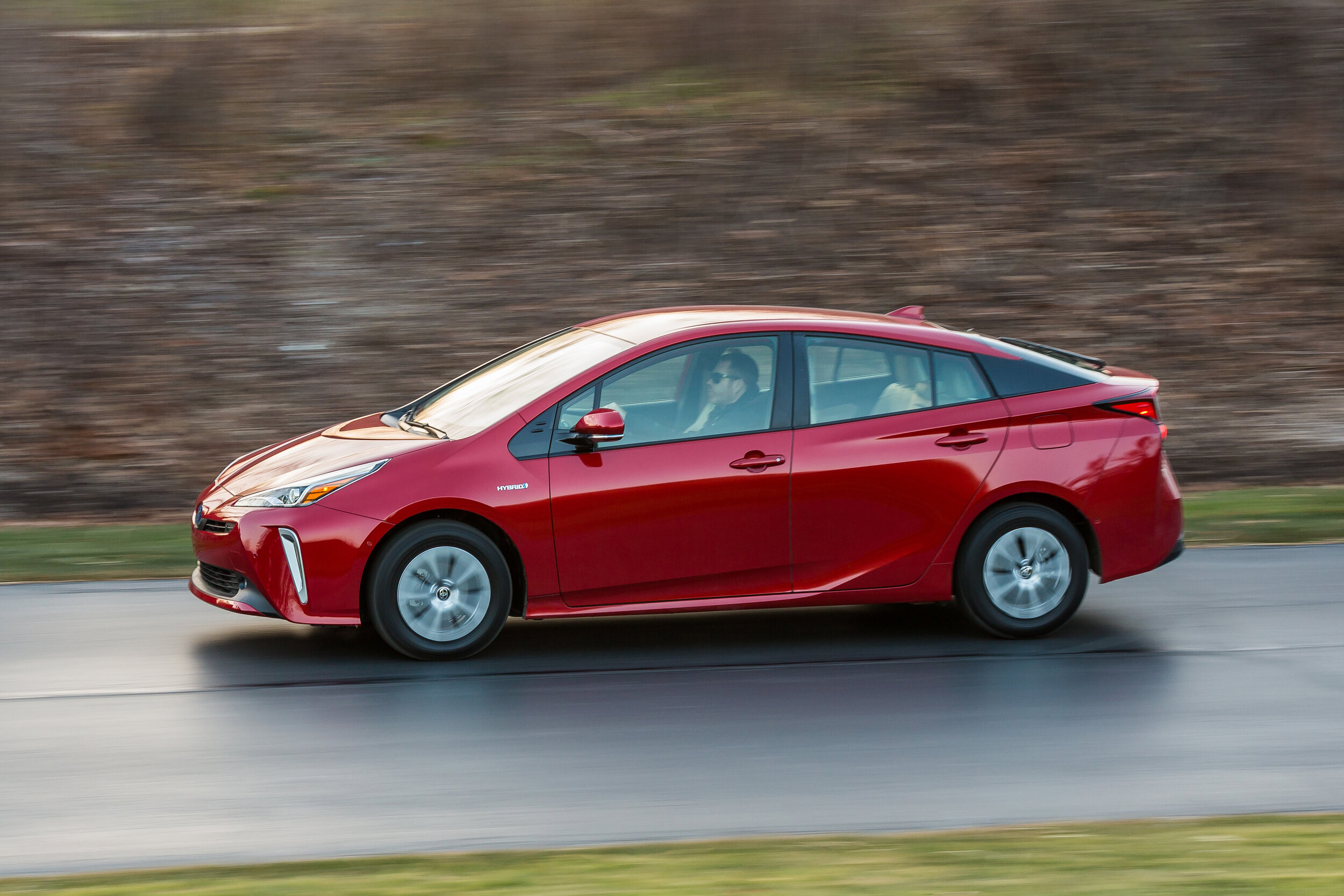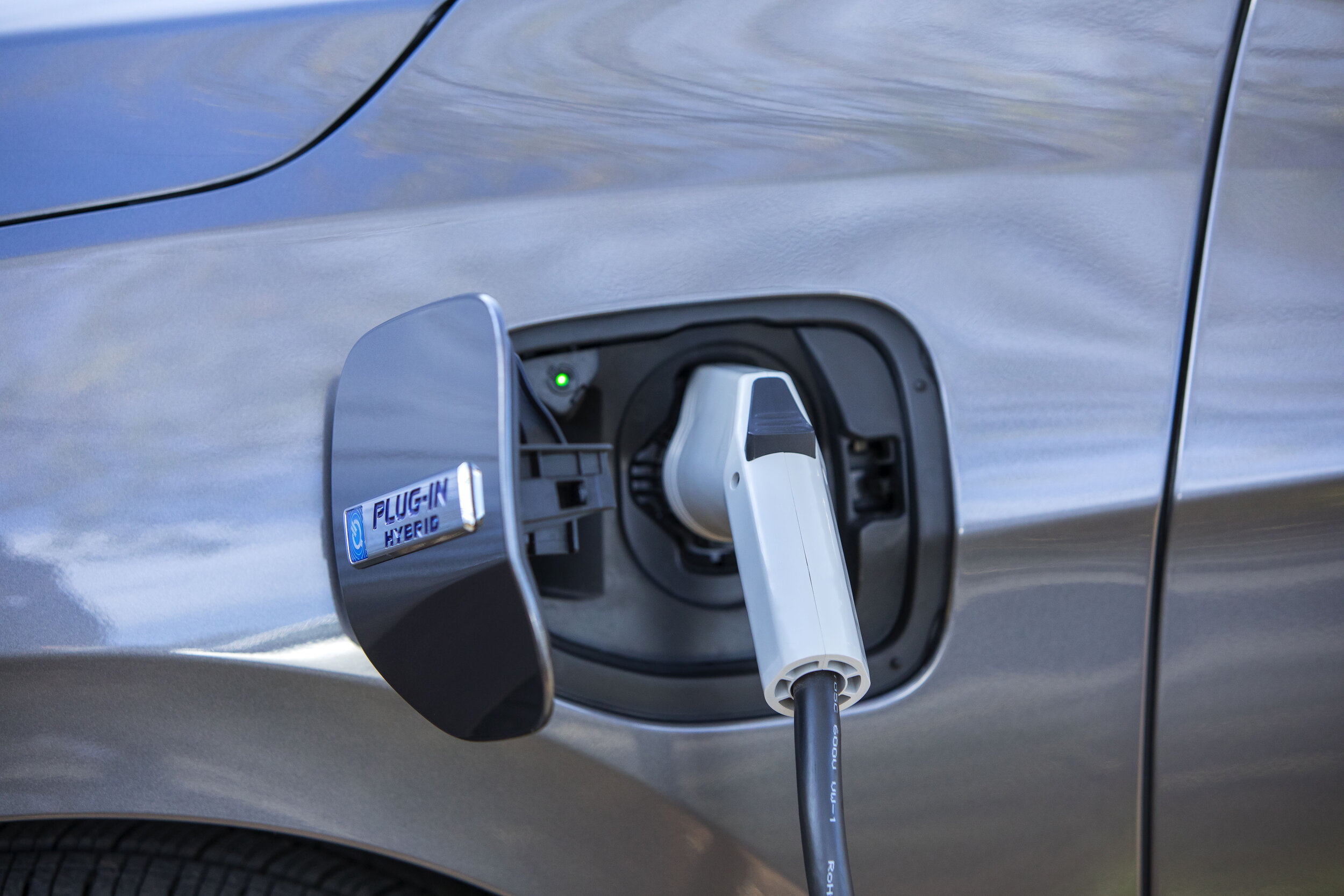Not Everyone Should Buy a Battery Electric Car (Yet)
[Jan. 5, 2020]
You’d expect us to be ardent advocates for the adoption of electric cars. And we are, for the most part. But it’s also clear that not everyone is ready psychologically or logistically yet for owning full battery-electric vehicles. Over the better part of a century, technology, infrastructure, marketing, and experience has conditioned us to the routine of owning an internal combustion vehicle: Going to the gas station every week or two, changing the oil every few months, and taking the car in for service and maintenance about once a year – or sooner, if the dreaded “check engine” light comes on.
If we want to go somewhere, we simply hop in and drive off, confident in the knowledge that 99.5% of the time there will be plenty of gas stations along the journey to top off as needed. Meanwhile, the national EV charging infrastructure in North America and battery technology in general is not yet at the point where you can impulsively and cavalierly hit the road without a care.
The simple fact of the matter is that owning current battery-electric cars requires planning, and entails a certain level of inconvenience. That inconvenience is compounded if you don’t have easy access to charging at home or work. The “full tank every morning” promise only holds true if you have access to 220/240V charging at home. Even the most ardent EV advocates, if they’re to be completely honest, will admit that EVs add at least an hour or two to road trips over 300 miles. And it’s highly advisable to plan your route and specific charging stops before you depart.
Hybrids and plug-in hybrids, like the Toyota Prius, are a perfect compromise for many Americans who want electrification in their life, but circumstances dictate otherwise.
Although the most zealous devotees of EVs are quick to pooh-pooh PHEVs as stopgap cars, and a cop-out to full electrification, truth to be told, they’re probably the best option for most buyers right now. Consider the advantages: Many are eligible for solo HOV lane access in states where it’s offered, you can keep going once the battery is depleted, and in most cases, a 220/240V charger is an option, not a necessity, with most plug-in hybrids able to get a sufficient overnight charge on a conventional 110/120V household outlet. And for short commutes and around-town driving, PHEVs still offer a largely gas-free driving experience. Many owners report only filling up once every two to three months.
Critics of EVs point out the currently spotty charging infrastructure and generally shorter ranges of BEVs compared to their internal-combustion equivalents. They’re not wrong. However, that will not be the case forever. Shopping centers and other destinations that may have one to four chargers may soon have 10 to 40 – or 100 to 400. The pace of that expansion, however, is unknown. And “fast” charging that currently takes 30-45 minutes may soon only take 10-15. But we’re not there yet. So if you have any persistent fears or doubts in your head about owning a BEV, do us all a favor: don’t buy one. It’s better you tiptoe into electrification with a hybrid or PHEV than buying a BEV prematurely and bad-mouthing the experience to all who’ll listen.
(Images courtesy of the manufacturers.)
Like what you read? Follow us on Google News and like us on Facebook!








